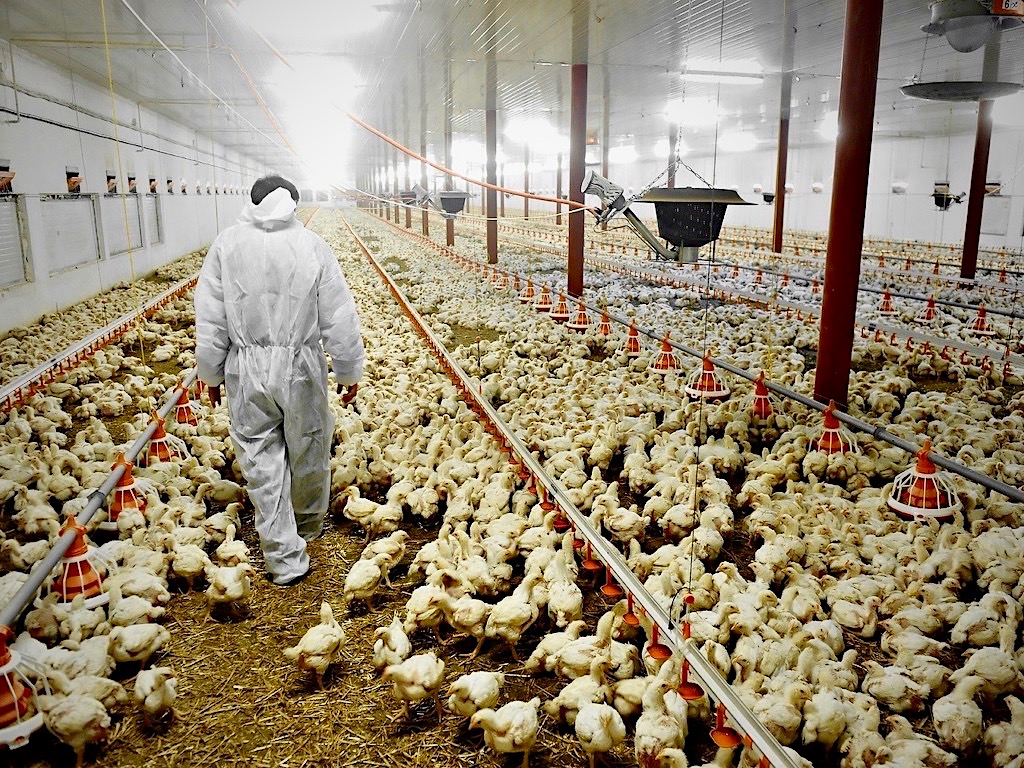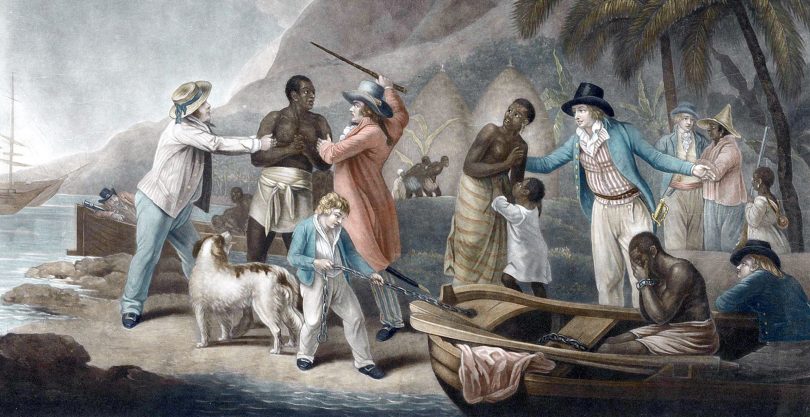We tend to look back at times of slavery and war and look down on the civilizations that caused it. We think of ourselves, at least in the West, as the most morally responsible civilization to ever exist. But what if this is not the case? What if, at this moment, we are carrying out the greatest crime of human history? It’s called livestock farming.

Some statistics
We mainly use four animals for our consumption. Cows, pigs, sheep, and chickens. Together, these animals account for a total weight of 700 hundred-million-ton kg. If you would put all wild animals, from at least a couple of kg together, they would weigh just 100 million tons.
Yearly, 80 billion animals are slaughtered. Just for perspective, the number of humans that have ever lived is around 110 billion.
We would need less than 1.5 years to slaughter the whole history of humanity.
Not just statistics
On paper, 80 billion is just a number. But in reality, this represents 80 billion times of individual suffering. I’m not stating that every stock animal has the same horrible life, some have it better than others. But generally, they are put into small boxes, separated from their mothers, castrated, and pumped full with food and hormones.
Of course, there is something called ‘animal-friendly’ meat. Some animals are treated somewhat normally. But don’t be fooled. In the Netherlands, there’s just 2 percent of cows, 4 percent of chickens, 1.5 percent of sheep, and 0.8 percent of pigs from the biological stock farming.
Animals feel way more than our economic view on them may imagine. From the capitalistic point of view, animals are nothing more than a product to make a profit from. But they are smart, sentient beings. To think of ourselves to be privileged to use these animals merely as products is a sign of our arrogance and indifference towards the natural world.
We tend to view humans as something outside of nature and the animal kingdom. We’re no animals, we’re civilized human beings! Well… are we?

Future History
If future, more aware, generations would look back on humanity, what would they find barbaric? Will they look back to livestock farming, just like how we look back on slavery? Or to gladiator fights?
Relatively not so long ago, slaves were traded and exploited. But hate or sadistic qualities were not the greatest motives. This was all possible because of indifference. Our ancestors ignored the needs, emotions, and pain of the humans they traded. That’s something we see more often in history – whether it’s about slavery or the modern clothing industry. We don’t see the massive amounts of pain caused by it.
The meat industry is perfectly designed for this. In the Netherlands, less than 2 percent of the population works in agriculture. Animals are fed, killed, processed, and sent away by machines. In the meantime, we don’t have to think about the suffering these animals experience. While one thing is for sure: if we would see a video of the animal’s life, every time we are going to eat one, we wouldn’t be able to get it down our throat.
Why don’t most people see this? Why is it that only a small fraction of humanity is vegetarian or vegan? Maybe they don’t want to know. Maybe they know just enough that they don’t want to know anything more about it.
Just like our ancestors didn’t want to acknowledge that the earth turns around the sun, most people don’t want to acknowledge cows, pigs, chickens, and sheep as animals with feelings.
But ideas change, and humanity tends to move forward in history. Eyes will open. The number of species we care about may be bigger one day than just our cats and dogs. And maybe, just maybe, one day we will think like Mahatma Gandhi, who stated: “To my mind, the life of a lamb is no less precious than that of a human being.”
But for that mindset, we still have a long way to go.
